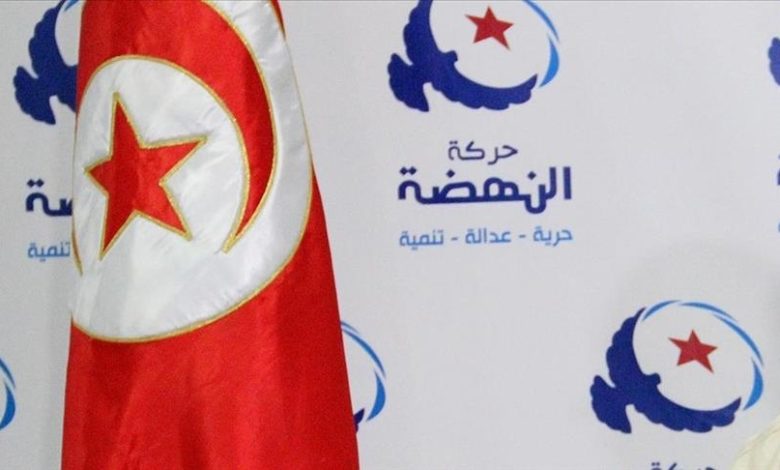Political analyst: Ennahdha seeks to destabilize the country by exploiting global economic crises

Tunisia’s Muslim Brotherhood movement, Ennahdha, is pursuing its terrorist agenda by exploiting the economic crisis to clear itself of accusations of terrorism and corruption, claiming the country is going through an “economic disaster” caused by the July 25, 2021 decisions.
The Brotherhood’s Plan
After failing to mobilize the international community against President Kais Saied, the movement has focused its attention on mobilizing Tunisians against him, exploiting the economic crises without taking into account the responsibility of the movement itself for these crises while in power and the role of global crises such as the Ukraine war and the coronavirus, and that Ennahdha plans to bring down Saied from within, despite its knowledge of the Tunisian economy’s links to the European economy, which is affected by several crises, a report by Roaya network revealed.
Confusing the scene
Oussama Aouidet, a Tunisian political analyst, says that the terrorist attempts of the Brotherhood are seeking to confuse the country by exploiting the global economic crises, pointing out that the movement increased its discomfort and confusion after the opening of the file of political assassinations and its secret service before the prosecution, as well as the file of young Tunisians who join terrorist movements in conflict areas abroad, and the major conspiracy case, which is a file related to international parties, and during its rule, it did its best to hide what it condemned.
He added that the Tunisian Ennahdha Movement is trying to distort the President of the Republic despite its election to him in the last presidential elections, pointing out that the Ennahdha Movement and some parties allied with it after losing power are working to cause an economic crisis inside Tunisia.
He explained that the rise of the Tunisian Ennahdha Movement to power was caused by the fragility of the situation in the country, where the movement worked to forge alliances with some parties and took control of the political scene, especially after the drafting of the 2014 constitution, which adopted the parliamentary system as the basis for “governance,” which the movement saw as an opportunity to control the political scene, which introduced crises in Tunisia, prompting the Tunisian President to take urgent actions.












